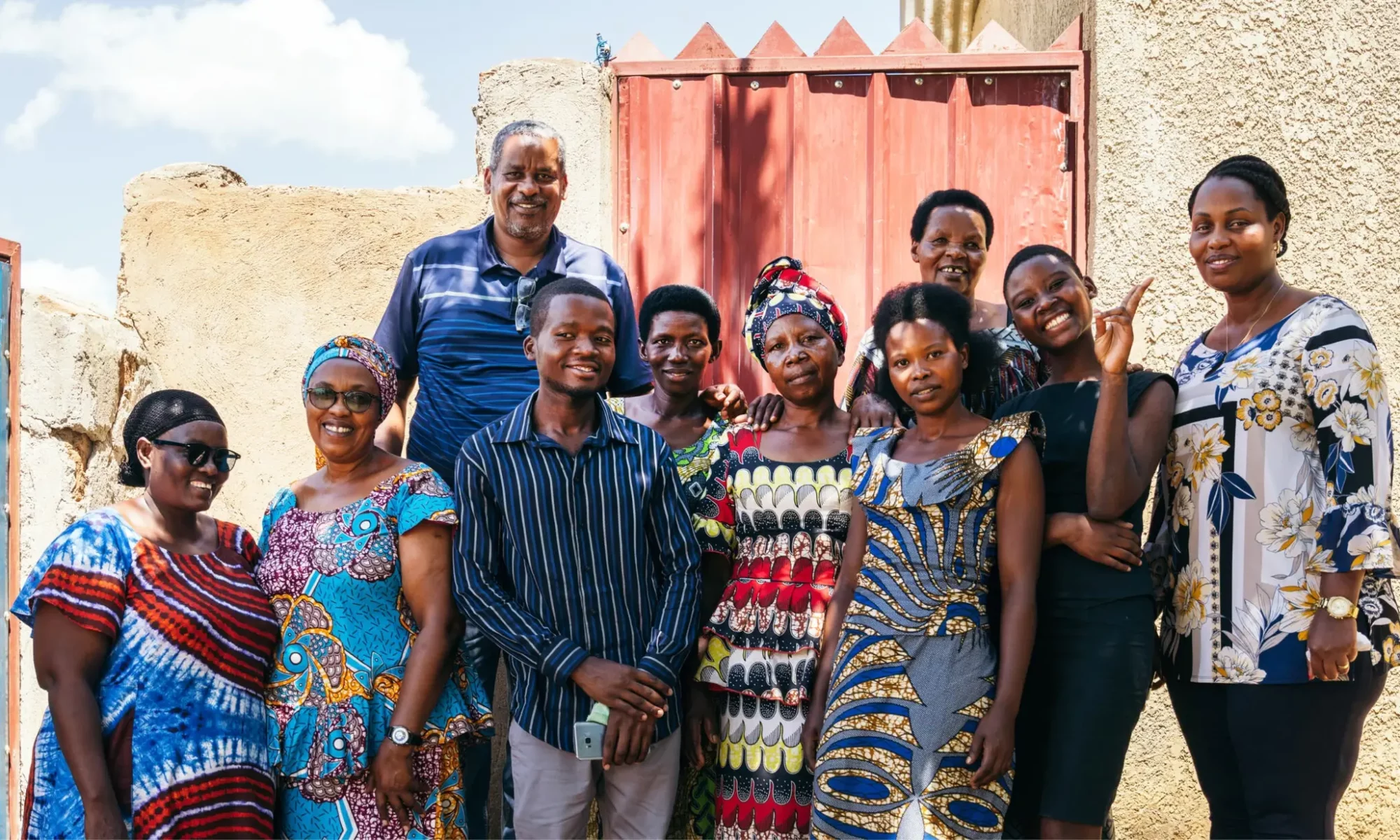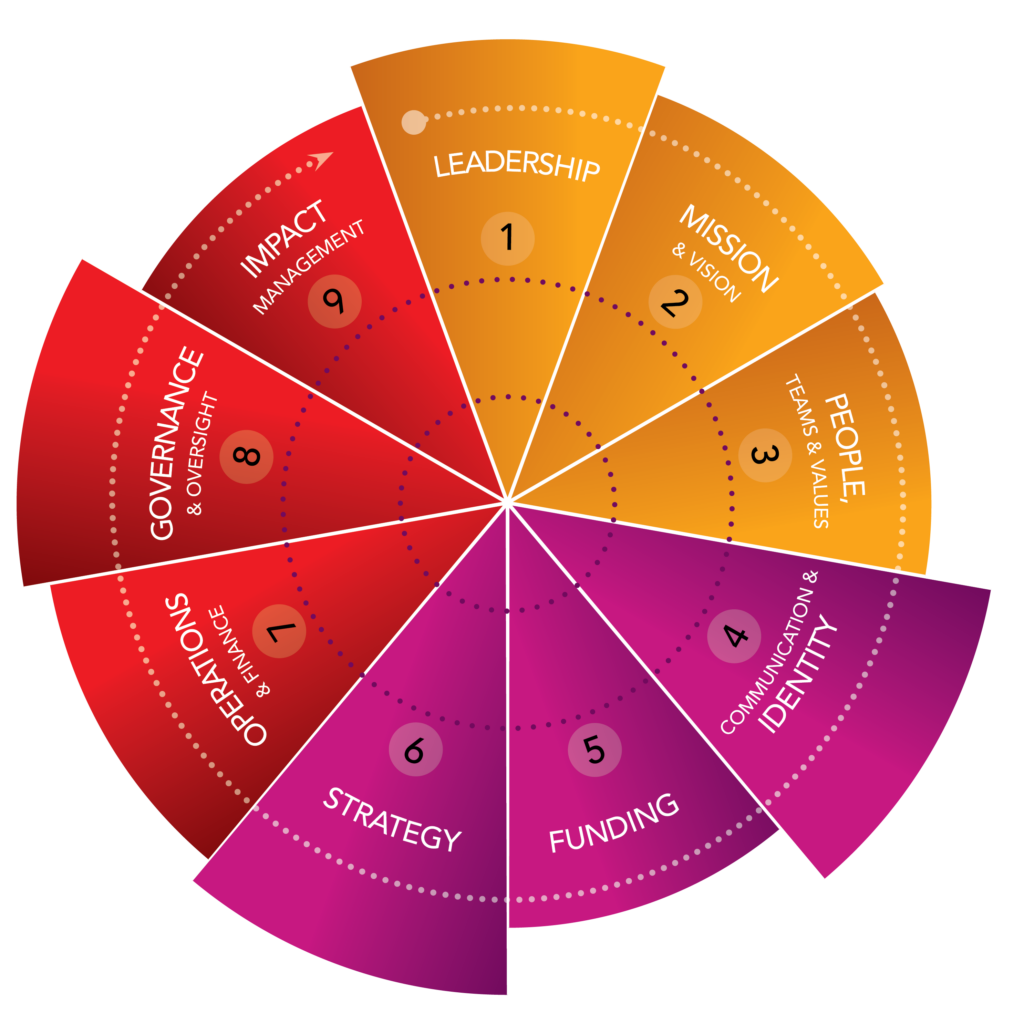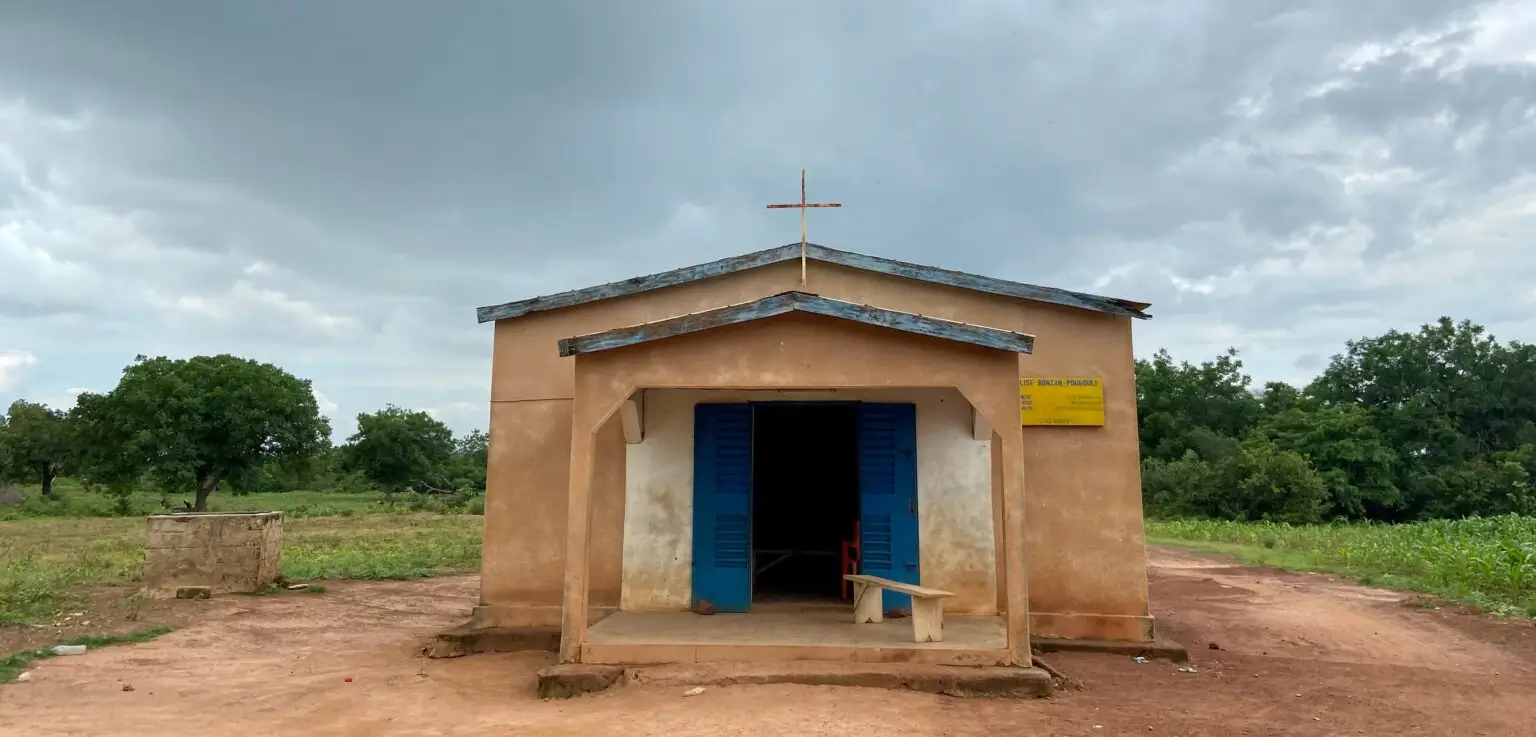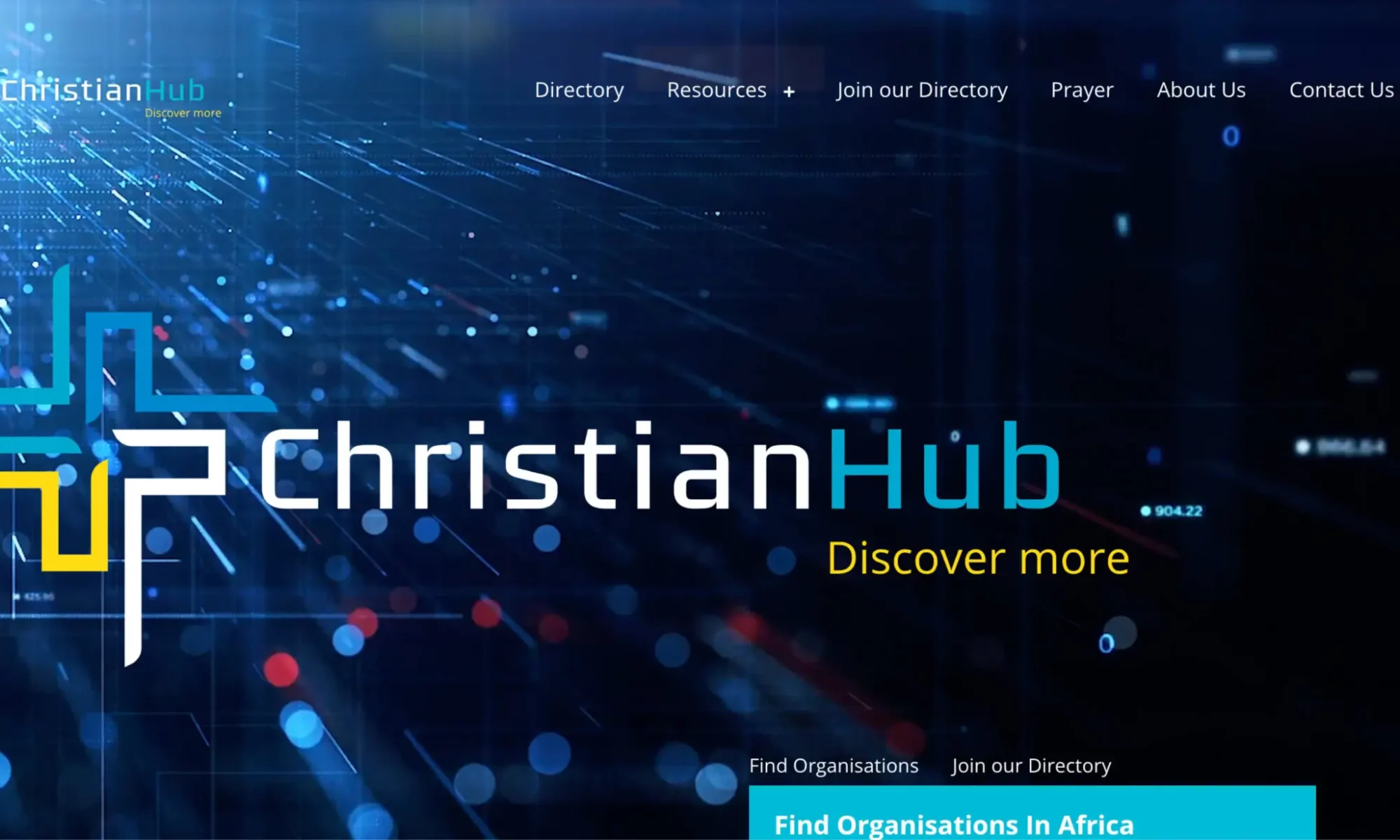Peter Tarantal is the Associate International Director of missions organisation, Operation Mobilisation, and a member of the Mergon Foundation forum. In this article, we explore some of the insights he shared in a recent talk.
‘God is at work in every community and in every nation across the world, and He is building His church in remarkable and unexpected ways,’ says Peter. ‘This isn’t just something I believe; it’s something I’ve seen first-hand over decades and many borders. In my travels throughout Africa, I have found this to be particularly true. Africa, in all its beauty and complexity, is a continent rich in faith, shaped by its unique culture and characteristics.’
Here are five distinctive attributes of the African church that Peter considers to be valuable strengths and gifts to the body of Christ.
1. A growing continental church
Over the last 100 years, Christianity has experienced a profound shift in its centre of gravity, relocating from the Global North (North America, Europe, and Australia) to the developing nations of the Global South. Once the primary mission field of the pre-21st century, Africa is now home to the world’s largest Christian population. Today conservatively there are 650 million Christians on this continent – an astonishing figure when compared to the mere 8 million in the year 1900.
Moreover, 60% of Africans are below the age of 25, making Africa the youngest continent on the planet. Imagine the possibilities of the gospel laying hold of such a vast young generation. How could the church be built and strengthened if a groundswell of young Africans were discipled and equipped to lead, serve and uplift their communities and beyond? This presents a responsibility for us all in Africa, to actively partner and invest in the youth – but it also presents a unique opportunity for God to move in extraordinary ways.
2. Digital connectedness
For over a decade, Africa has been experiencing a profound digital transformation. A How we made it in Africa survey found that in 2021 there were over 840 million mobile subscribers in Africa, up from 400 million in 2010. The study also projected that, by 2026, over 140 million new mobile subscriptions will likely be added in Africa, accounting for one-quarter of global mobile subscriber growth.
Herein lies a profound opportunity for the African church to reach this surge of digitally connected people with the gospel, using media platforms as mission fields to convey the life-changing message of hope. Media has the potential to reach into uncharted spaces and make inroads amongst the unreached – bringing hope and salvation to those so desperately in need. As Africa continues to leapfrog and adopt the digital economy, we can trust God to enhance our creativity, discernment and digital strategies, so that we effectively leverage the power of media to strengthen believers and share the good news.
3. A legacy of deep spirituality
In his book From Jerusalem to Timbuktu, author Brian Stiller looks at the transformation that has taken place over the past century, shifting the church’s centre from the Global North to the Global South. Amongst these nations that make up a thriving Christian epicentre, he has identified five common themes, or ‘drivers’, of a healthy church. Stiller asserts that the key factor contributing to this flourishing faith is ‘a church that has come to know and appreciate the person and gifts of the Holy Spirit.’
The rise of Pentecostalism across the African continent has excitedly resulted in Christians being much more open to the things of the Spirit and hence open to the supernatural. Most Africans are familiar with the spirit world and one of the questions often asked is, which God is stronger and is this God able to perform miracles? I have seen the childlike faith of many who believe unquestionably that God is able to heal. The God of the supernatural has proven to be attractive to many, hence contributing to the growth of the church across the continent.
4. The resilience of the African church
Africans are incredibly resilient by nature – a trait that has been shaped by time and adversity and has led to the most unexpected outcomes. Take the COVID-19 pandemic as an example. Despite early predictions of widespread devastation in Africa, the continent did not succumb to the dire forecasts. Instead, Africa pivoted and adapted, displaying remarkable unity and resilience.
Having endured hardship and exceptionally challenging circumstances, Africans have developed a remarkable ability to persevere. We not only see this resilience on the mission field; we also see it nurtured through the cultural, daily rhythms of community life.
Ubuntu is the idea that ‘your wellbeing is my wellbeing’, celebrating the interconnectedness of our humanity, and emphasising the responsibility we have to care for and look after one another. This state of interdependence affirms the kind of community we see in scripture – practical, accountable and loving relationships that build safety, identity and protection around its people.
5. A homegrown vision for the African continent
Today, more than ever, Africans are emerging as leaders within their communities, taking responsibility for the vision God has instilled in their hearts. The seeds of the gospel, sown by missionaries in the past century, are now bearing fruit in local contexts. According to Brian Stiller, this ‘revolutionary influence of locally grown leaders and ideas’ is growing across the African continent and stands as one of the key drivers in healthy church growth.
He adds, ‘Indigenous leadership has been critical not only for the astounding growth of the church but also for the church being able to read the gospel in context—that is, in a local language or vernacular that expresses what indigenous Christians believe.’ He asserts that when the gospel is preached and lived out in a way that is uniquely African, the church begins to operate in the full expression of what God intended.
I am excited about the prospect of the African church in the future. This continent’s unique strengths position its people to lead, shape, and influence the global church in a way that holds the promise of profound transformation for generations to come. It’s a vision that inspires me daily and one that I rejoice in pursuing with Christ.







